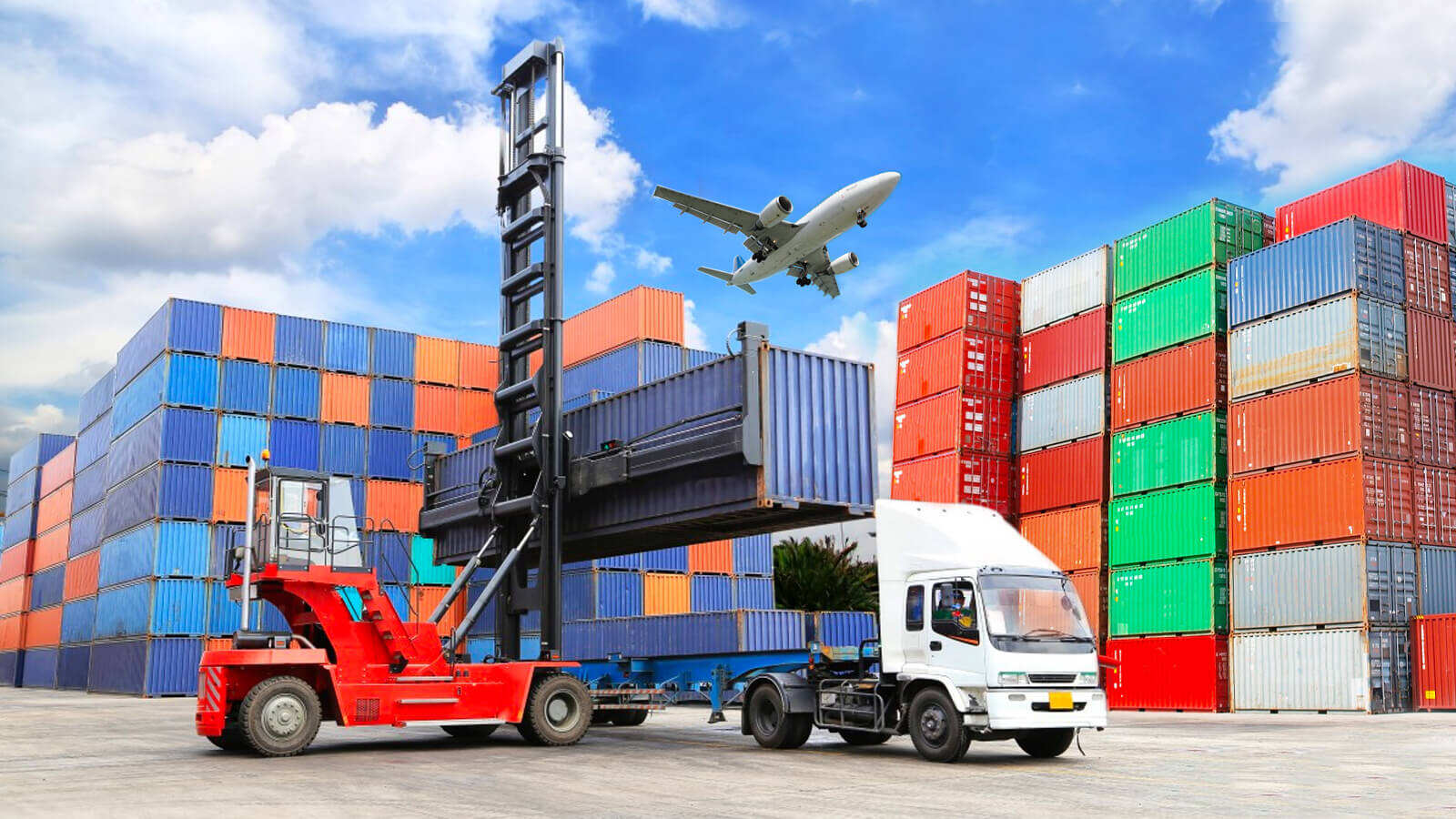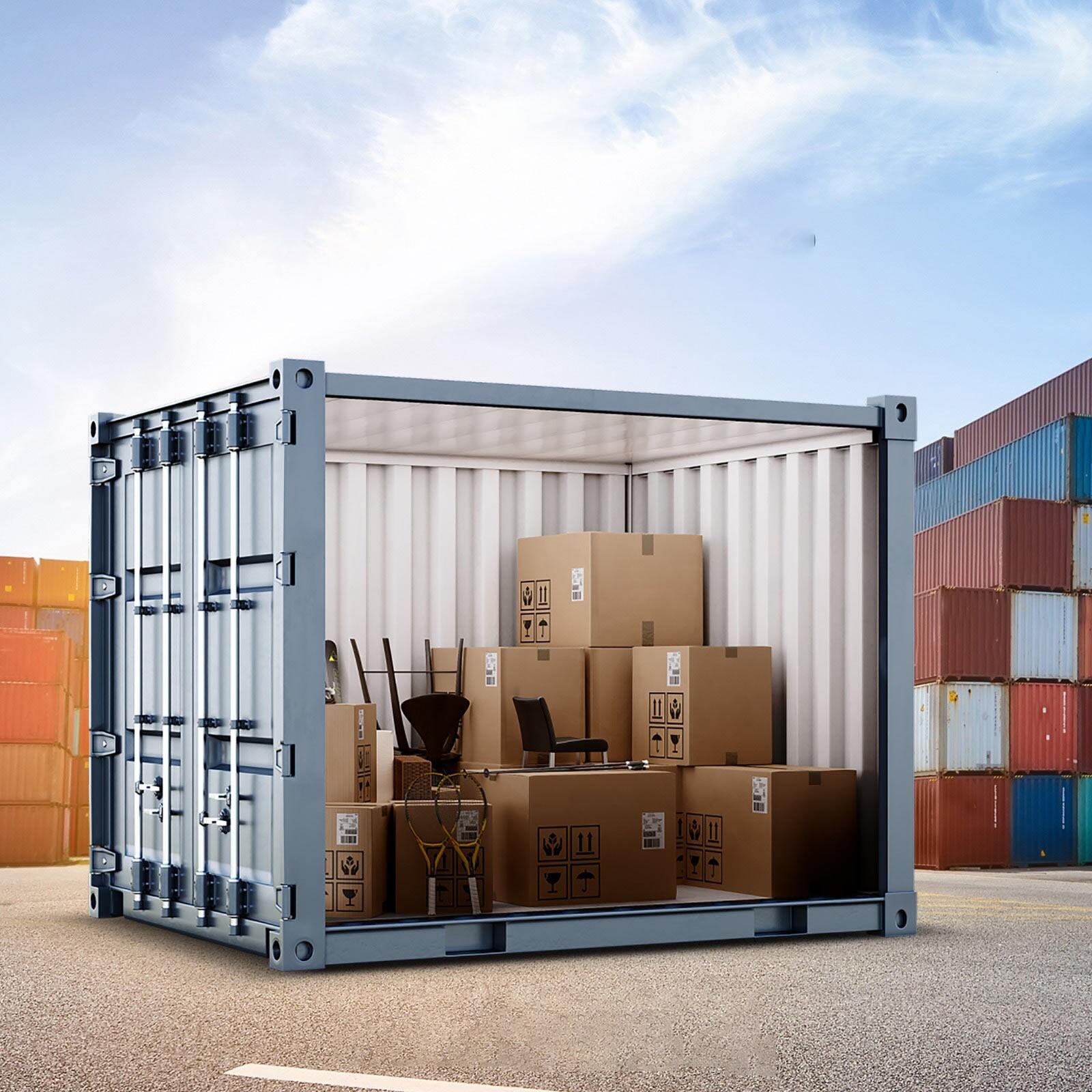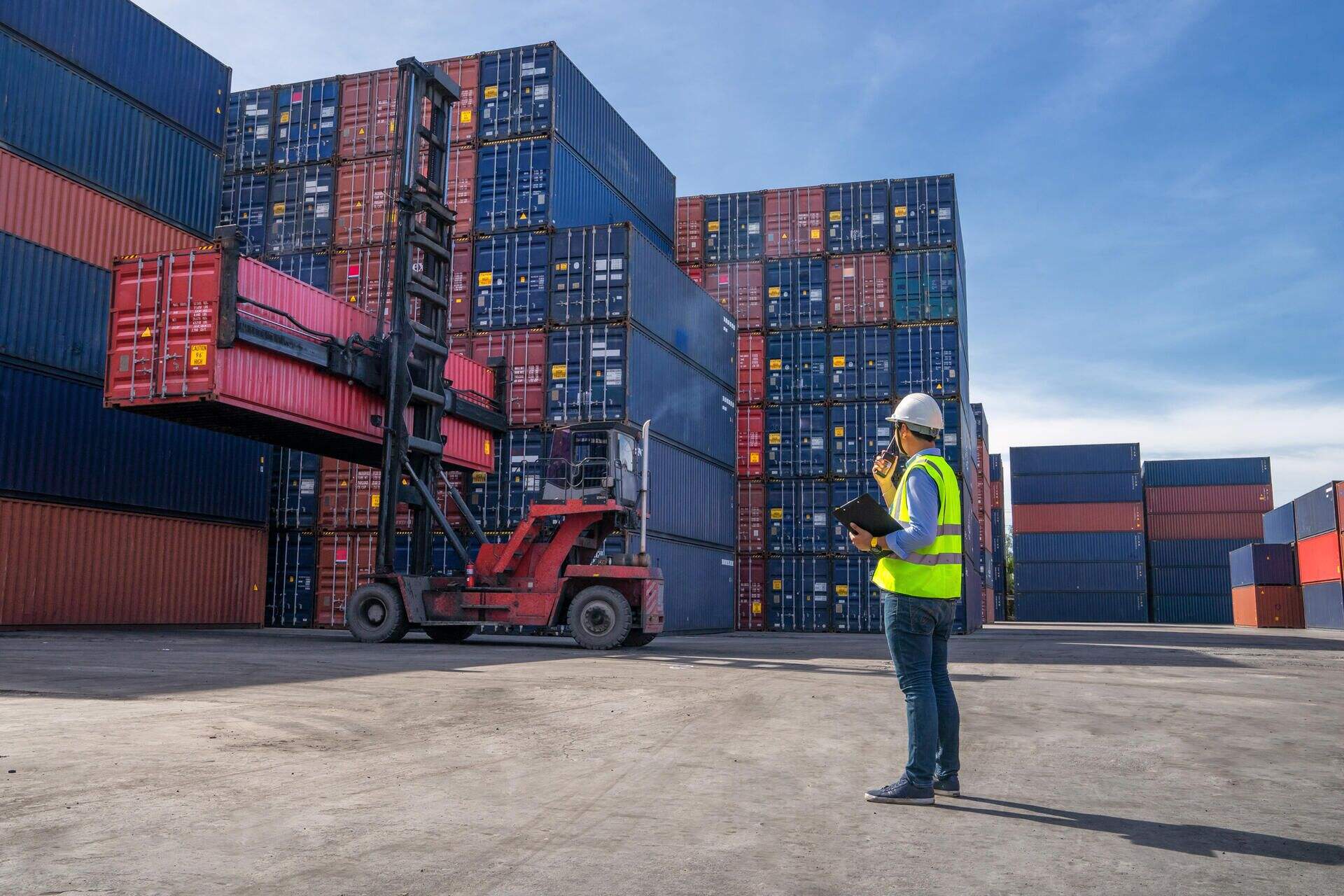railway freight
Railway freight represents a cornerstone of modern logistics and transportation systems, offering a robust solution for moving large quantities of goods across vast distances. This mode of transportation utilizes an intricate network of rail lines, specialized cargo wagons, and sophisticated tracking systems to ensure efficient delivery of materials. Modern railway freight systems incorporate advanced technologies such as GPS tracking, automated loading and unloading systems, and real-time monitoring capabilities. These systems can handle diverse cargo types, from bulk materials like coal and grain to containerized goods and specialized cargo requiring specific handling conditions. The infrastructure supports various wagon types, including flatbeds, hoppers, tankers, and refrigerated units, enabling the transportation of practically any commodity. Railway freight operations are managed through centralized control systems that optimize route planning, monitor train movements, and coordinate schedules to maximize efficiency. The integration of digital technologies has revolutionized the industry, allowing for precise cargo tracking, improved safety measures, and enhanced operational efficiency. This transportation method proves particularly valuable for long-distance hauling, offering cost-effective solutions while maintaining environmental sustainability through reduced carbon emissions per ton of cargo transported.


